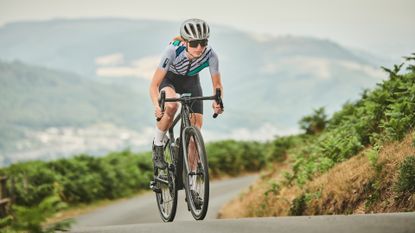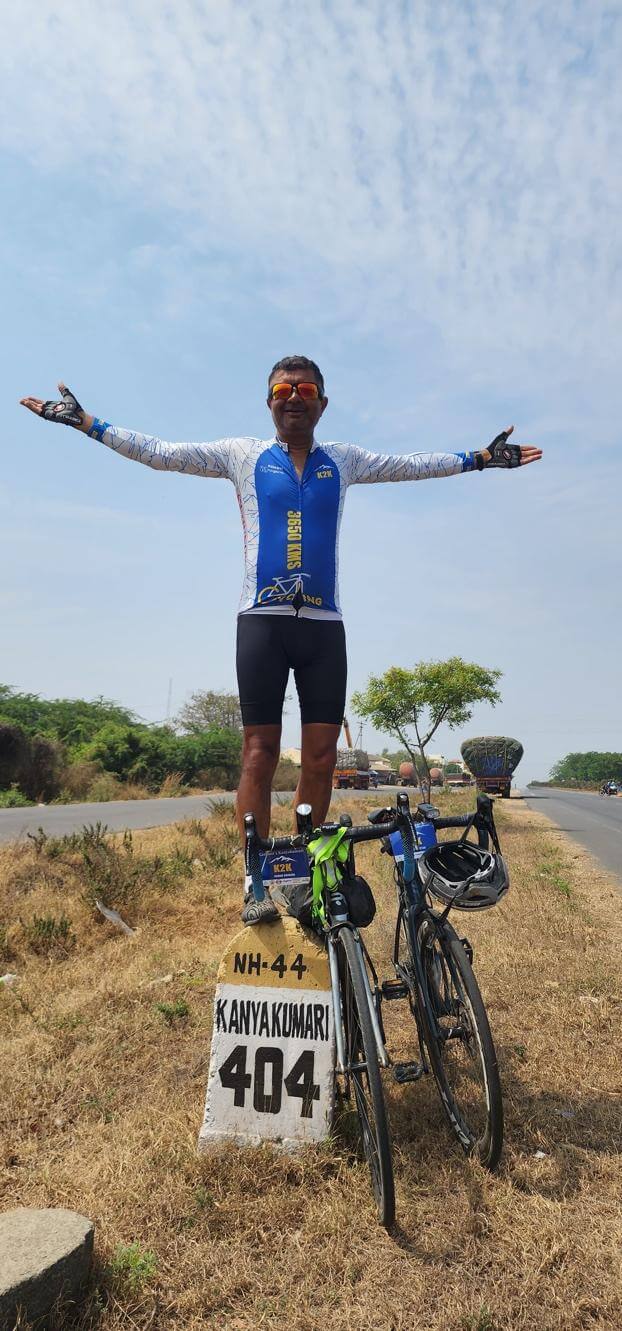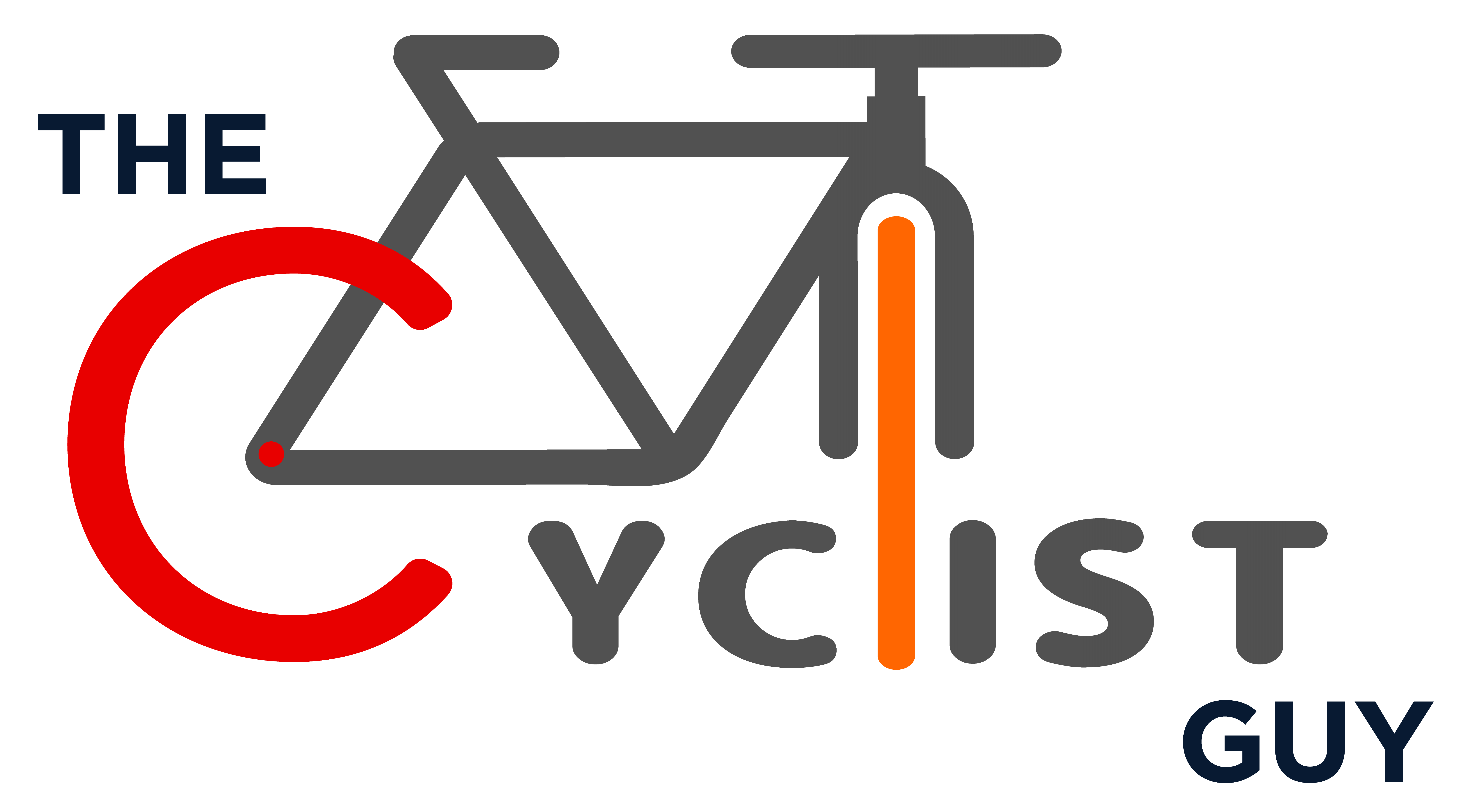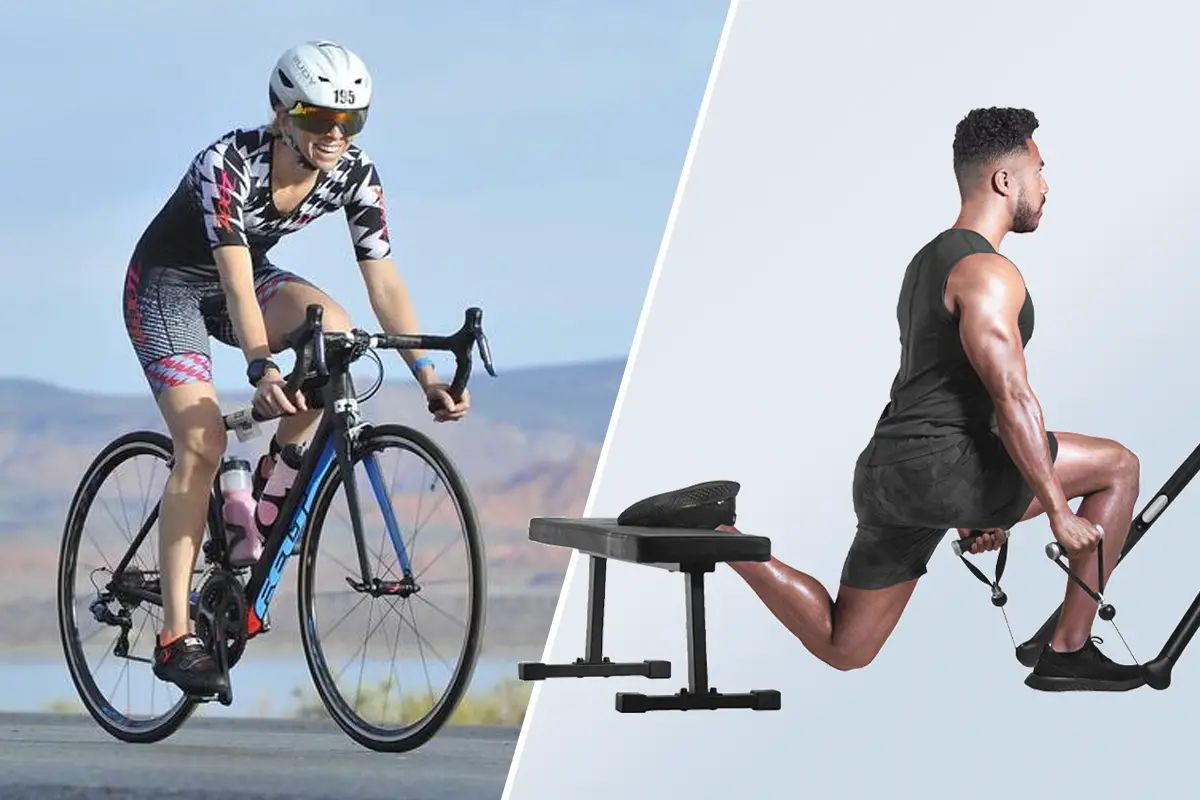Cycling is a fun and healthy activity. Many people want to become good cyclists. But how long does it take?
Understanding the Basics of Cycling
Before you start, you need to understand the basics. Learning to ride a bike is the first step. You need to balance, steer, and pedal.
Equipment Needed
- Bicycle: Choose the right size and type.
- Helmet: Always wear a helmet for safety.
- Clothing: Wear comfortable and weather-appropriate clothes.
Initial Training Period
Everyone learns at different speeds. Some people might take a few days to learn. Others might take a few weeks. It’s important to practice regularly.
Basic Skills To Master
- Balancing: Practice balancing on the bike.
- Steering: Learn to steer the bike smoothly.
- Braking: Understand how to brake safely.
Intermediate Skills
Once you know the basics, you can move to intermediate skills. These skills will make you a better cyclist.
Building Stamina
Cycling requires stamina. Start with short rides. Gradually increase the distance. Aim to ride for at least 30 minutes each time.
Improving Speed
Speed is important for a good cyclist. Practice riding faster. Try to beat your own records. But always stay safe.

Credit: www.cyclingweekly.com
Advanced Training
Advanced skills take more time to master. You need to train harder and longer. This stage can take several months to years.
Hill Climbing
Hill climbing is a tough skill. Start with small hills. Gradually move to steeper hills. Use the right gears to make it easier.
Group Riding
Riding in a group is different. You need to be aware of others. Practice riding close to other cyclists. Communicate clearly with hand signals.
Long-distance Riding
Long-distance riding is a great goal. Start with medium distances. Gradually increase the distance. Make sure to stay hydrated and take breaks.
Consistency is Key
Becoming a good cyclist requires consistency. Practice regularly. Set small goals and achieve them. Celebrate your progress.
Weekly Training Schedule
| Day | Activity |
|---|---|
| Monday | Rest or light ride |
| Tuesday | Speed training |
| Wednesday | Medium-distance ride |
| Thursday | Rest or light ride |
| Friday | Hill training |
| Saturday | Long-distance ride |
| Sunday | Rest or group ride |
Nutrition and Recovery
Nutrition is important for cyclists. Eat a balanced diet. Include carbs, proteins, and fats. Drink plenty of water.
Post-ride Recovery
- Stretching: Stretch after every ride.
- Rest: Give your body time to recover.
- Hydration: Drink water to stay hydrated.

Credit: www.roadbikerider.com
Setting Realistic Goals
Set realistic goals to stay motivated. Start with small goals. Gradually set bigger goals. Write your goals down and track your progress.
Join a Cycling Community
Join a cycling community for support. You can learn from other cyclists. Participate in group rides and events.
Frequently Asked Questions
How Long To Become A Good Cyclist?
Becoming a good cyclist can take anywhere from several months to a few years, depending on dedication and training.
What Are The Basics Of Cycling?
The basics include proper bike setup, understanding gears, maintaining balance, and learning safe riding techniques.
How Often Should I Train?
Training 3-5 times a week is ideal for steady improvement and building endurance.
What Skills Improve Cycling Performance?
Key skills include pedaling efficiency, bike handling, climbing, descending, and proper nutrition.
Is Professional Coaching Necessary?
Professional coaching can accelerate progress, but many succeed with self-guided training and online resources.
How Important Is Diet For Cyclists?
A balanced diet is crucial. It fuels your rides and aids recovery, enhancing overall performance.
Can Cycling Improve Mental Health?
Yes, regular cycling reduces stress, boosts mood, and can improve cognitive function, contributing to better mental health.
Conclusion
Becoming a good cyclist takes time. The journey can take months to years. Be patient and consistent. Enjoy the process and celebrate your progress.

Sanjeev Rattan, a 50-year-old cyclist from Delhi, started cycling in 2016 to reduce carbon footprint and promote sustainable transportation. He has completed multiple long-distance rides, including G2G, B2B, and Golden Triangle rides, and has earned 7 Super Randonneur titles from Audax Club Parisien.
In his professional life, Sanjeev works in data security and digital solutions for various sectors, including defense, law enforcement, smart cities, utilities, telecom, and IoT networks.


Leave a Reply